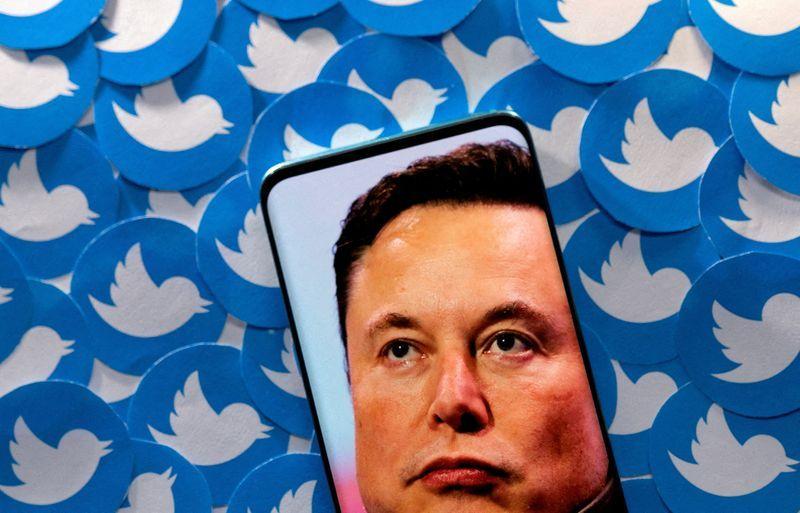Africa-Press – Eritrea. Public figures, celebrities and media personalities have for some time enjoyed the non-existence of being personified by netizens. The new rules set by Twitter, which require every verified account to subscribe to Twitter Blue Tick would give the pseudo accounts an opportunity to pay for verifications in the name of other people.
Originally, a verified Twitter account meant the owner of the account would send information to the public. For public figures, their tweets in many instances have been a source of news for many media outlets.
In 2021, Embakasi East MP Babu Owino appealed to Twitter after an account which was mainly created by a fan in his name was verified before his real account.
But later on, Twitter verified Babu’s original account and striked that of an imposter This happened before Elon Musk acquired Twitter and changed policies to enable the leading Social Media company to get more revenue.
In the new policy, if the striked account changed its name to mine – Manny Anyango, set up everything to seem like it was my account and pay for the verification, it would bring more harm than good.
The question is if the other person on the other side would argue that they have paid for the verification and have full rights to have that account, and post whatever they please, how will Twitter solve the issue?
In my case, I am very careful with what goes out to my Social Media platform, how would a case in which fake news is posted on the page be solved? The information is coming from a verified page, and in Kenyan culture, it will be taken seriously.
According to Twitter’s help centre, the company states that it prohibits Impersonation, stating that an individual can’t pose as an existing person, group, or organization in a confusing or deceptive manner.
“You can’t use a fake identity to disrupt the experience of others on Twitter. Using fake accounts in conjunction with other behaviours that violate Twitter Rules will result in stricter enforcement actions,” the website stated.
The website further states that accounts with usernames, account names, or appearances that are similar to others on Twitter do not violate the policies unless found guilty to have breached.
Other actions that do not violate Twitter policies include singing Twitter pseudonymously, Parody, commentary, or fan accounts that comply with our policy for such accounts.
How far can the policies go? Does reporting the page that violates the policy really solve the issue? What if the ideal owner of the page cannot afford to pay for the verification? Will the pseudo account continue to violate the policies because they have put their money?
CNN’s Larry Madowo took to Twitter on April 2, saying that he has no plans to pay for Twitter Blue at this time and neither does the company he works for.
“Twitter says my blue checkmark will soon disappear – after 12 years of being verified. Anyone will be able to create an account in my name and get it verified for $8. What could possibly go wrong?” he tweeted.
He goes on to say, if he pays for the monthly subscription to remain verified, anybody else can also add his name to their account and pay Twitter to verify it.
“So this doesn’t solve the problem of impersonation, it makes it worse. If this loophole is exploited by malicious people, it could have dangerous consequences,” he continued.
Twitter is yet to release an official statement in regard to complaints raised, and how the company will solve the issue of fake news and accounts moving forward.
For More News And Analysis About Eritrea Follow Africa-Press







